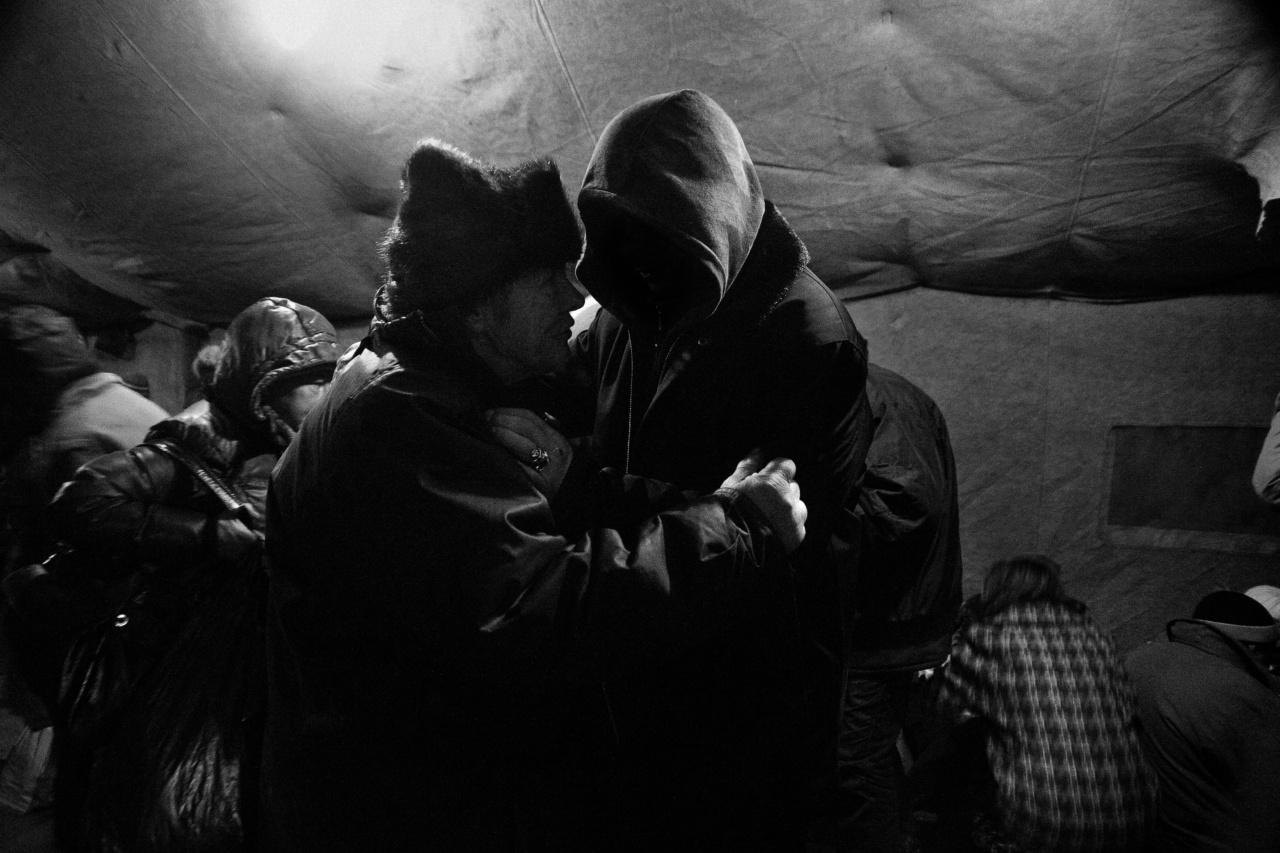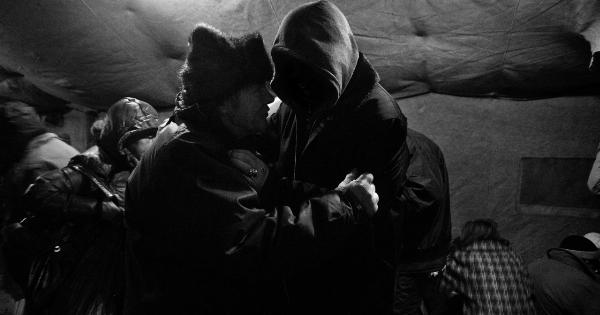Depression is a complex mental health condition that affects millions of people worldwide. It is characterized by feelings of sadness, hopelessness, and a lack of interest in activities that were previously enjoyable.
However, recognizing depression can be difficult, as symptoms may differ from person to person. In this article, we will discuss ten of the most common symptoms of clinical depression.
Symptom 1: Persistent sadness
The most common symptom of depression is a persistent feeling of sadness that doesn’t go away. It’s important to note that sadness is a normal emotion, and everyone experiences it from time to time.
However, when those feelings persist for weeks or months, it may be a sign of depression.
Symptom 2: Loss of interest in activities
Another common symptom of depression is a lack of interest in activities that were previously enjoyable. This can include hobbies, socializing, and spending time with loved ones.
People with depression may also feel like they have nothing to look forward to, which can make them feel even more depressed.
Symptom 3: Fatigue and lack of energy
Depression can also cause feelings of fatigue and a lack of energy, even after a full night’s sleep. People with depression may find it difficult to complete daily tasks, such as getting out of bed, eating, or showering.
Symptom 4: Changes in appetite and weight
Changes in appetite and weight are also common in people with depression. Some people may lose their appetite and lose weight, while others may overeat and gain weight. These changes can often exacerbate feelings of depression.
Symptom 5: Sleep disturbances
Depression can also cause sleep disturbances, such as insomnia or sleeping too much. People with depression may find it difficult to fall asleep, stay asleep, or wake up in the morning.
This can further contribute to feelings of fatigue and a lack of energy.
Symptom 6: Difficulty concentrating
Depression can also cause difficulty concentrating or making decisions. People with depression may find it hard to focus on tasks or make even small decisions. This can also affect their work or school performance.
Symptom 7: Irritability and restlessness
While sadness is the most common symptom of depression, some people may experience irritability and restlessness instead. They may become easily frustrated with others, feel restless or agitated, and may even have outbursts of anger.
Symptom 8: Physical symptoms
Depression can also cause physical symptoms, such as headaches, stomachaches, or muscle pains. These symptoms may not have a known medical cause and can often be attributed to depression.
Symptom 9: Feelings of guilt or worthlessness
People with depression may also experience feelings of guilt or worthlessness. They may feel like they are a burden to others or that they are not worthy of love or respect. These feelings can lead to further isolation and exacerbate their depression.
Symptom 10: Suicidal thoughts or behaviors
Finally, people with depression may experience thoughts of suicide or engage in suicidal behaviors. It’s essential to take these thoughts and behaviors seriously and seek professional help immediately.
Conclusion
Depression is a complex condition that affects millions of people worldwide. While everyone experiences sadness from time to time, it’s important to recognize when those feelings persist for weeks or months.
By recognizing these ten symptoms of depression, you may be better equipped to seek professional help and start your journey toward healing.































